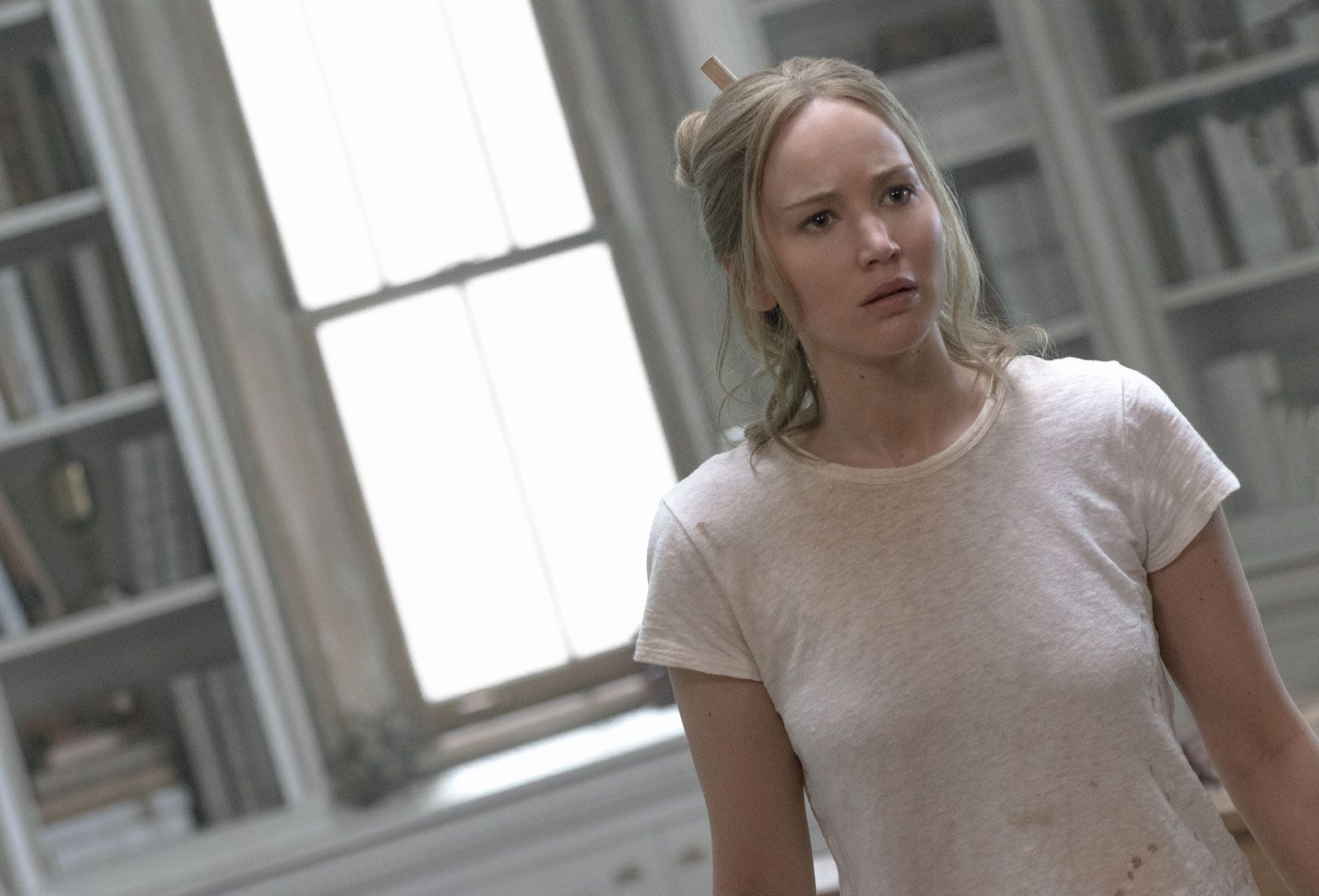

( Conntentious, too.) In other words, it’s Barbra, but it also transcends Barbra: Yentl offers a template not for a romance but for a culturally specific success story, so much so that it’s been echoed and referenced in other canonically Jewish tales, including, most recently, Seth Rogen’s American Pickle. It’s triumphant, a bit kooky, extremely high-key. The final sequence sees Yentl sailing joyously from Poland to America, singing “Piece of Sky,” a dramatic song about how she’ll always want more from life, interpolated with the famous “Papa Can You Hear Me” to really amp up the spectacle. Somehow, this wild shtetl soap opera ends … happily? When Patinkin’s character admits that he, too, loves Yentl and wants her to be his wife, Yentl promptly rejects him for a life of solo Jewish study, sending him back to Irving’s character, meaning everyone gets what they wanted in the first place. Barbra Streisand’s long-gestating passion project follows the titular young woman (played by Streisand), who’s so desperate to study the Talmud that she poses as a boy - and then falls in love with a fellow student (Mandy Patinkin), who is in love with a woman he cannot marry (Amy Irving), who then falls in love with and marries Yentl in boy form, who then must reveal her true self to both.

The end of Yentl is, fittingly for this list, a beginning. ( This is as good a time as any to remind you that this list contains many, many spoilers.) The thread that pulls all of these choices together is that after rewatching them, we felt that tough-to-articulate sensation when the lights went up (metaphorically, because of course we’re holed up at home just like you): The key to the story was more often a notion, not an answer. And you’ll hopefully see a few you’ve never heard of. You’ll also wonder (probably angrily) where some of the more iconic ones are. You’ll see some classic endings on this list. (You’d be amazed at how many scenes are remembered as being great endings that came well before the movie in question went to credits.) Still, there was no escaping our own unbound tastes and biases. And we were a bit flexible on what constituted an actual “ending”: a final shot, a final passage it just had to come at the end of the film. We prioritized a diversity of tone, origin, authorship, subject matter, and genre. Most significantly, we only considered one movie (feature length) per director, in part so Billy Wilder and Stanley Kubrick and Alfred Hitchcock titles didn’t swallow up the whole list. The idiosyncrasies piled up if the key to a good ending was a feeling, we’d surrender to impulse. We began with an absolute morass of nominations, hundreds of finales that stuck in at least one Vulture staff member’s maw. Our goal from the jump was never to determine a set formula for the Great Movie Ending. (Dark, uncertain, marked by a significant amount of human flailing.) Sometimes, we did go for the cathartic, bring-happy-tears-to-your-face finale, but we frequently found ourselves opining the sorts of stories that lack that release. Maybe that was a reflection of the times we were living. In compiling a list of the greatest endings in movie history, we had many arguments over many months about this very dynamic, and found ourselves drawn to certain types we deemed successful more than others: Ambiguous, dark endings endings that purported to explain something but secretly did not endings that denied us (and the characters) closure endings that featured people dancing, but not always in joyous, triumphant fashion. It is, arguably, the most important part of any film - how a filmmaker wants you to feel when the lights go up is often the key to what that picture was really about. The reverse is also true: We’ve all had that experience of watching a ho-hum flick that became instantly unforgettable thanks to an awesome conclusion ( famously, or more recently). Not every great movie has a great ending. Clockwise from left to right: Lust, Caution Moonlight Some Like it Hot The Last Days of Disco Beau Travail The Searchers Losing Ground Big Night Grave of the Fireflies The Thin Blue Line.


 0 kommentar(er)
0 kommentar(er)
